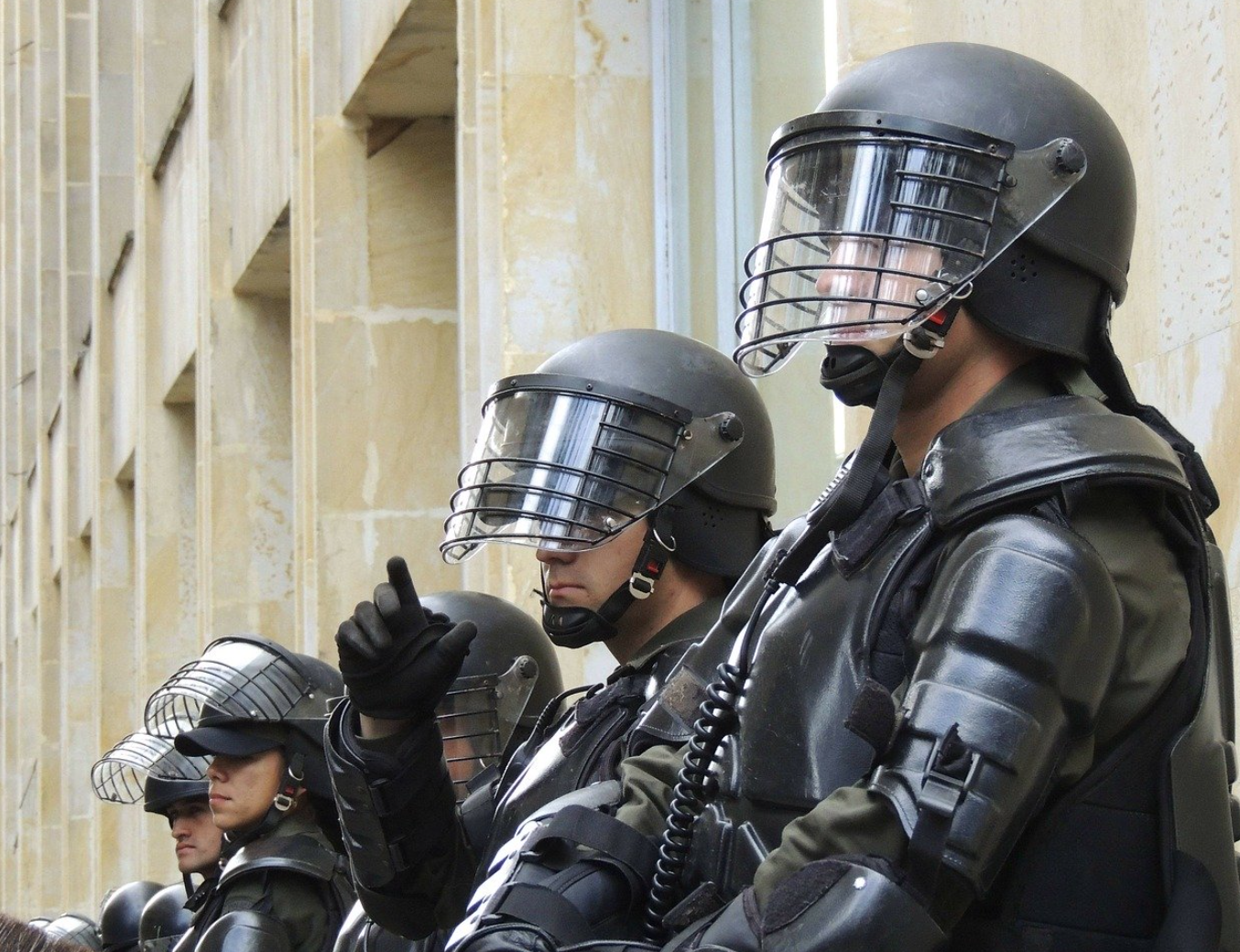Contrary to popular opinion, the amount of force used has very little to do with the underlying crime. When officers exceed these levels, it’s considered police brutality.
Dealing with the police is intimidating and the cops know that. The police have rules for encounters with civilians, but they often push the line. Sometimes, they even cross it. Not knowing how to protect your rights when dealing with the police can lead to misunderstandings, arrests, and even injuries. Know your rights.
Your Rights When Dealing with the Police
Here are a few basics for police encounters:
The Right to Know Why You’re Being Stopped
Law enforcement officers need a reason to stop you. They are allowed to speak to you without cause, but you’re under no obligation to talk to them in a consensual encounter. Valid reasons for a stop include:
- A traffic violation
- A tip by a civilian complainant that you were involved in suspicious or criminal behavior
- A valid capias or warrant
- An articulable suspicion that you were involved in suspicious or criminal behavior (“looking suspicious is not sufficient”)
- Involvement in a traffic crash or other non-criminal incident
- A “Terry Stop” if you match a description of a person suspected of a crime.
Police have to make contact with civilians to do their job, but they must respect your rights, as well.
The Right to Remain Silent

If the police want to question you and you are not free to leave, they must advise you of your Miranda Rights. These include the right to remain silent. Miranda applies to custodial interrogation, but “custody” doesn’t necessarily mean “under arrest.” You may not have been arrested, but are still not allowed to leave. If you have any questions as to whether you’re in custody or not, ask if you’re free to leave. If not, you’re in custody.
Your Fourth Amendment Privacy Rights
You have the right to privacy. That means that the police cannot search you, your home, or your vehicle without a warrant. There are, however, exceptions. These include:
- Consent to search (Do not give the police consent to search)
- A tow inventory – Police can inventory your vehicle prior to towing it. This does not include locked compartments.
- The Brightline Principle – If you’ve been arrested, the police can search the immediate area around you (lunging distance) for weapons or evidence. In 2009, the Supreme Court gave additional guidance stating that you cannot be removed from the area for this rule to apply.
- Plain-view Exception – Officers can seize evidence if they view it from a legal vantage point.
Police Violence
Law enforcement officers have guidelines for the amount of force that they can employ to effect an arrest. These are dictated by the level of resistance that the subject is displaying. Contrary to popular opinion, it has very little to do with the underlying crime. When officers exceed these levels, it’s considered police brutality.
What to do if Your Rights are Violated
If you’ve been involved in a police incident or arrested, your rights may have been violated. You can seek justice through compensation. The Billion Dollar Attorney, Chris Stewart helps the victims of police overreach obtain justice. Don’t let bad cops get away with it. Protect yourself and your community from recalcitrant law enforcement officers and systemic injustice. Contact a civil rights attorney in your area now.


Join the conversation!